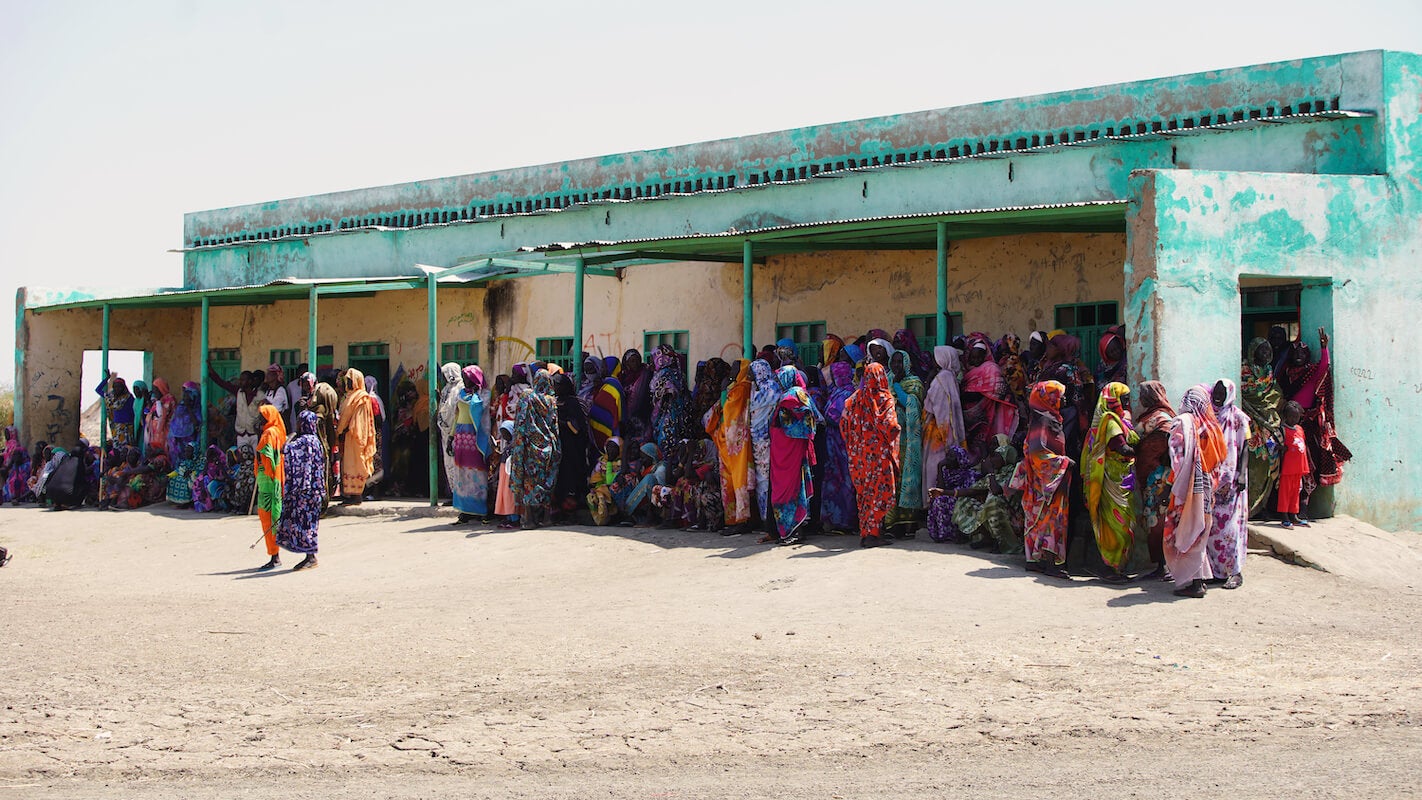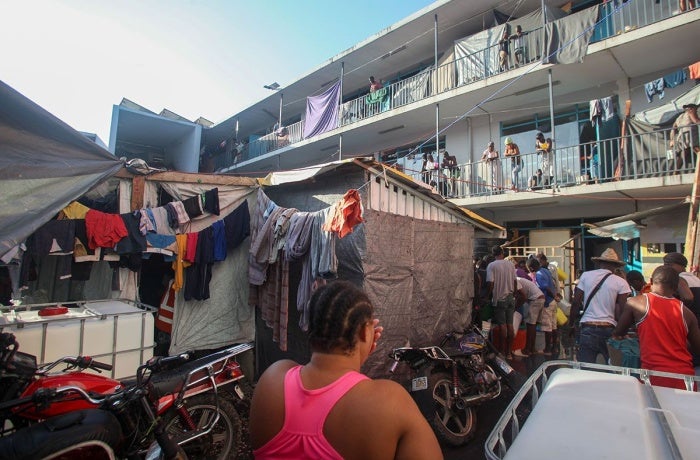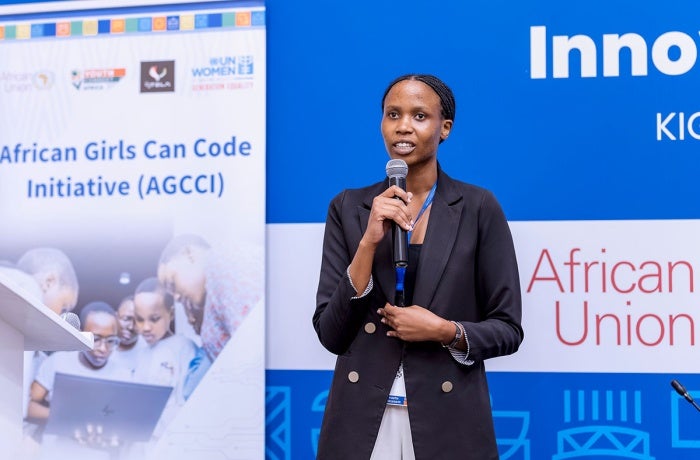In Sudan, women’s organizations fight back against sexual violence in conflict
From 15 April 2023, when fighting broke out in the Sudanese capital of Khartoum, violence has spread across multiple regions—leaving hundreds of civilians dead and over a million people displaced. Amidst the chaos and destruction, women, girls and people of all genders are facing another, often less visible threat: heightened sexual and gender-based violence.
Conflict drives sexual violence in multiple ways. Rape and other sexual abuses may be directly perpetrated by armed forces, while heightened economic and societal instability provide the conditions for increased sexual exploitation, trafficking, and other forms of sexual abuse. At the same time, the breakdown of justice, healthcare and other systems makes support even harder for survivors to access.
On 19 June, the International Day for the Elimination of Sexual Violence in Conflict, we honour the women and women-led organizations at the front lines of the struggle to support survivors, hold perpetrators accountable and end sexual violence in conflict once and for all.

Mounting violations, shrinking resources
As of 9 June, the UN human rights office (OHCHR) had received credible reports of twelve incidents of conflict-related sexual violence against at least 37 women in Sudan, with at least three incidents involving young girls.
Activists on the ground confirm the severity of the situation. “There are many reported cases of sexual violence against women and girls in Khartoum and other states,” says Axado*, an advocate involved with multiple women-led peace and humanitarian initiatives. Women’s rights organizer Astur* adds, “[Women have] experienced severe sexual and non-sexual violations and exploitation by forces present in their neighbourhoods,” with increasing economic pressure and societal militarization further heightening sexual exploitation and gender-based violence.
Sexual and other gender-based violence has long-term physical, emotional and mental impacts that can keep survivors from leading happy and productive lives—especially when assaults occur at a young age. And the destruction of infrastructure and the scarcity of critical resources is making it all the more difficult for survivors to get the help they need. For many, says activist Barkhado*, adequate health care has been rendered inaccessible: “Unfortunately, due to challenging circumstances, comprehensive medical support cannot be fully provided to the affected women.”
Building solidarity and support
In the face of insufficient support systems, women’s groups are increasingly stepping up to provide crucial services. “Women's organizations play a vital role in providing shelter, food, water, healthcare, and psychological support, and in monitoring violations,” says Barkhado. Many of these organizations have begun working together to better meet the needs of women, girls and communities: “The war has led to increased coordination among women's groups and the creation of strong solidarity among women across all Sudanese states,” explains Astur.
Facilitated by the UN Women Sudan office, Axado, Astur, Barkhado, and countless other activists have joined together to form the Peace for Sudan Platform, a network that includes more than 49 women-led initiatives and organizations from across the country. The Platform’s wide-ranging list of priorities include providing protection and psychological support to survivors of sexual and gender-based violence, as well as broader goals like increasing women’s participation in the creation of a sustainable peace.
UN Women has also established situation rooms within local humanitarian initiatives to document, monitor and raise awareness about conflict-related sexual violence and other forms of gender-based violence; as well as implementing a referral system for survivors of conflict-related sexual violence and gender-based violence and providing a range of survivor services, including clinical, psychological, and legal support and information.
“Women and girls must be protected from gender-based violence, sexual assault, and rape,” Barkhado highlights. “We refuse the exploitation of women's bodies and the use of sexual violence as a weapon of war,” concludes Axado.









